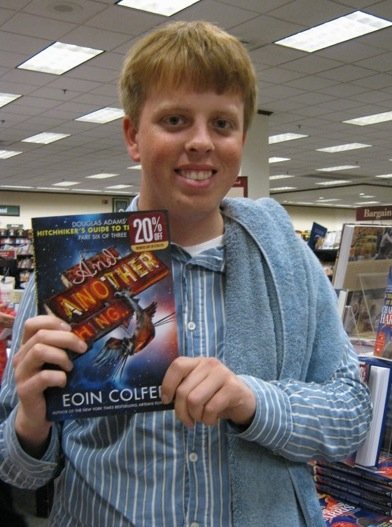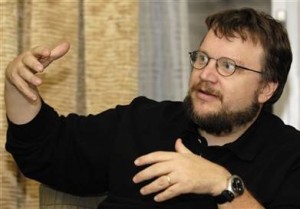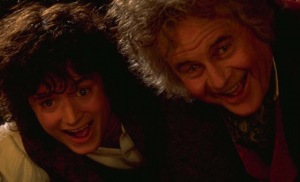I’ve been reading about “The Hobbit” film adaptation. Apparently, Tolkien’s son doesn’t want to see it made, and is pressing fraud charges against New Line Cinema. Guillermo Del Toro, the much touted director of the film, is making all sorts of ruckus in the media about which actors he will cast to play the parts and what crazy plans he has for creature effects. Meanwhile, fans everywhere bite their nails and worry that the film might not turn out right, or, worse, might never be made.
I’m a huge fan of Tolkien’s books and I loved Peter Jackson’s trilogy — with reservations of course. Regardless of how much liberty he took with Tolkien’s story, Jackson’s films were brilliant works of popular art that never reached too high or stooped to low. Together, these films were by far the most excellent entertainment in decades, but, to be honest, as much as I loved Jackson’s trilogy, I’m not that excited about “The Hobbit.” Del Toro has proven that he can make both brilliant works of cinematic art and jaw dropping failures. Pan’s Labyrinth is a great film. Hellboy 2? Not so much. I’ve got a feeling that “Hobbit” will be somewhere in the middle. What makes me sick is this mentality we filmgoers have developed. We seem to revolve our lives around the release of films like “The Hobbit” and in the process we limit the art of Cinema to a live-action landscape for our favorite books, comics, and video games to be played out in.
Because of this rabid fandom mentality, adaptations of popular books and comic characters are making the most money. Subsequently, these movies get the most hype, and overall, the most screen time per year. The escalation of these kinds of films is ruining the way in which we watch movies. No longer do we say: “Star Wars? What’s that about?” Instead it’s “I loved that as a kid! I wonder which villain they’ll use” In a sense, the franchise has ruined the joy of original cinema.
I like what the Inventor in Johnson’s “Rasselas” says: “Nothing will ever be attempted, if all possible objections must be first overcome.” Sure, telling a brand new story, one with no tie-in to a kids books or a comic series might not make the most money, but it’s a start. Everyone thought George Lucas was crazy, but he created a timeless film that people still love today. Where are the new stories? Why do we keep having to rehash ideas that were used to make a quick buck on newsstands back in the 20s and 30s? The comic book and the novel are both great storytelling forms, but so is cinema. Let’s joyfully make and watch new cinematic stories and quit worrying about whether Sir Ian Mckellen will reprise his role, and who will play Bilbo Baggins.
I’m going to enjoy God’s gift of cinema and make my own movies, and quit worrying how Del Toro makes his.
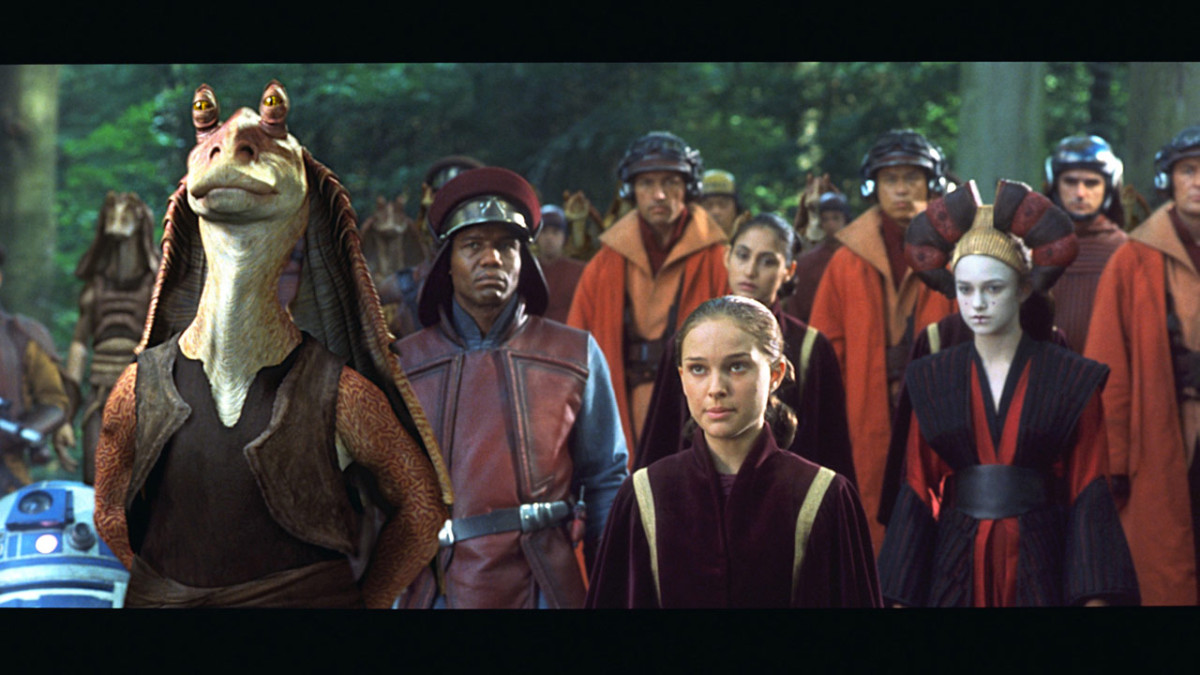

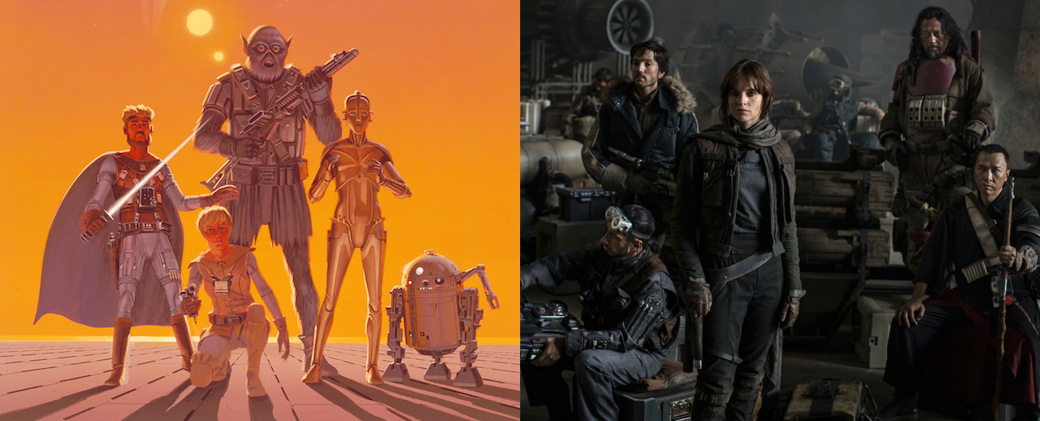
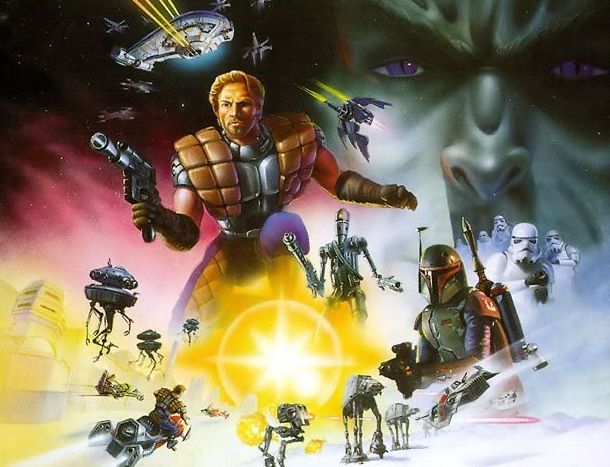
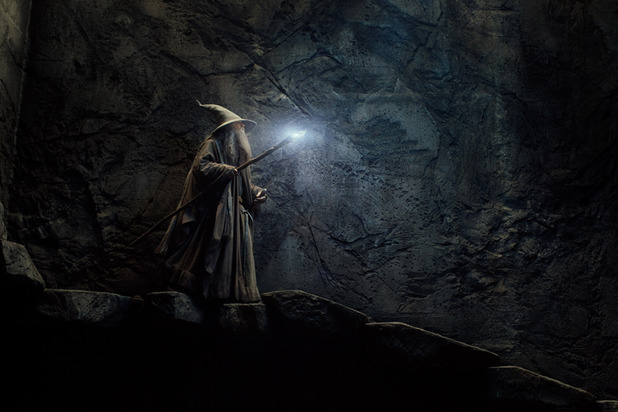
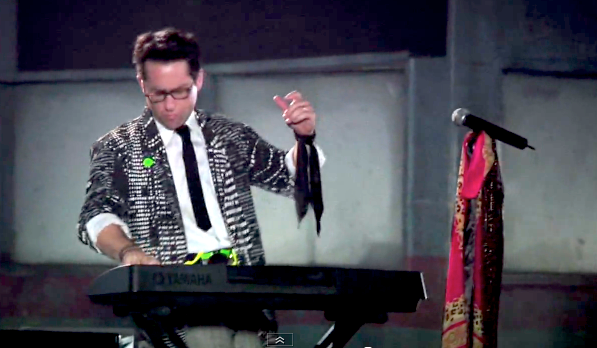
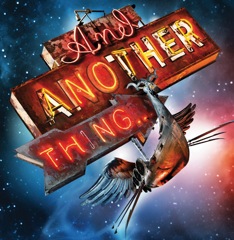 I immensely enjoyed and was immensely annoyed by Eoin Colfer’s new book, “And Another Thing,” his reverent yet irreverent love offering to Douglas Adams’s Hitchhiker’s Guide To The Galaxy series. I’ve always respected Colfer as a writer. His ideas are fresh and his stories are lean and fast paced, never wasting time with heavy exposition or overly detailed descriptions. That’s why I was so surprised by the slow, almost dragging pace of this, his first book for adults. There were moments when I wanted to skip ahead a few pages–especially when he dragged out the long and often pointless Guide entries.
I immensely enjoyed and was immensely annoyed by Eoin Colfer’s new book, “And Another Thing,” his reverent yet irreverent love offering to Douglas Adams’s Hitchhiker’s Guide To The Galaxy series. I’ve always respected Colfer as a writer. His ideas are fresh and his stories are lean and fast paced, never wasting time with heavy exposition or overly detailed descriptions. That’s why I was so surprised by the slow, almost dragging pace of this, his first book for adults. There were moments when I wanted to skip ahead a few pages–especially when he dragged out the long and often pointless Guide entries.